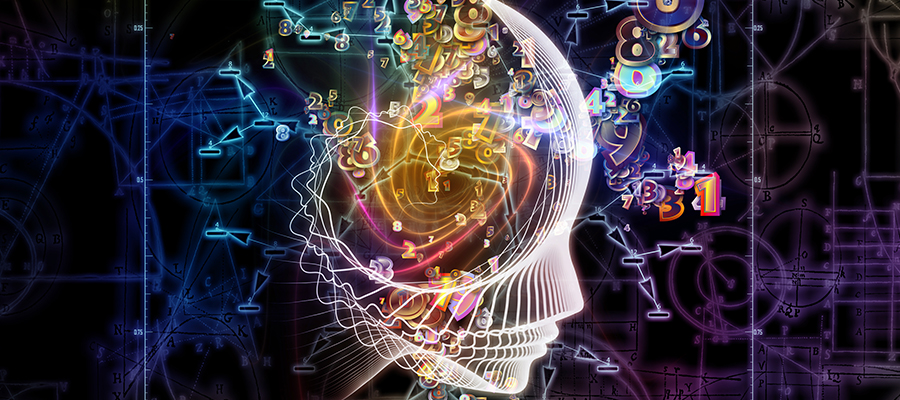
Mathematics and probability have always been hard to differentiate for most people and even harder to comprehend fully. Mathematics is the purest science, but it has many divisions such as probability that contribute a great deal in furthering other fields; in this instance, psychology. Evaluating the relation between math and probability is essential before looking at how they influence the study of the mind. Franck Peltier offers some useful insights into the topic, including the tenets of probability. Mathematics plays a part in different areas of studies because it provides formulas that can be applied in different circumstances. So, how do these applications factor into psychology?
Decision Making
One of the psychological processes that every mind must carry out is making a choice when presented with more than one probability. It is something that happens every day- to wear a blue suit or a black one, run a few seconds more or not or eat a burger or a sandwich. The decision-making process relies on the value that you attach to an element. It may not be definite or even clear to you, but it happens. Individuals tend to assign utility to objects mentally and pick the one that ranks higher. Probabilities play a big role when it comes to making decisions about future occurrences. Before you can decide whether to buy a new pair of shoes or not, you must consider if it’s necessary. However, from a psychological point of view, such theories only apply in rational persons. People are not always rational when it comes to decision-making.
Problem Solving
Another way that math influences psychology is in the area of problem-solving. When facing a challenge, your mind works to find the best way to deal with it. However, for the most effective approach, you need data, and that is where statistics come in. Analytical information collected from statistics helps individuals understand their situations better. Statistics are also useful in psychological experiments. For professionals to comprehend certain aspects like human behaviour, they need carefully gathered data and analyses. Probabilities can be applied to see how well people respond to particular solutions like health campaigns. The use of probabilities in other areas like politics, the actuarial and natural phenomena like Franck Peltier explains, is effective because they simplify problem-solving.
Measurement
Psychologists use mathematical formulas and probabilities to gauge various quantities. The measure of innate intelligence, IQ, was formed using mathematical concepts. Other areas of intelligence testing have evolved with time as more sophisticated formulas were derived. Probabilities have a special function when it comes to classifying human behaviour. The element is used to tell if attributes are subjective or objective.
Mathematics and probability are two areas of science that will continue to show the field of psychology as professionals in all sectors find ways to exploit their applications.